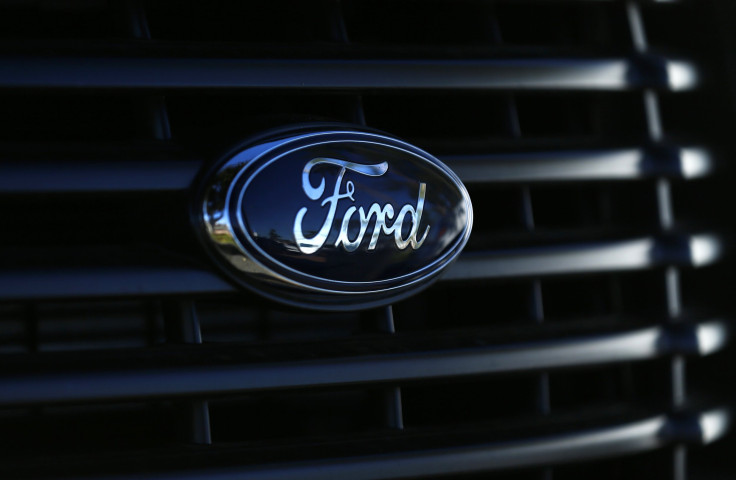Black Friday 2014 Drove US Consumers To Dealerships

One reason Black Friday was a bit of a letdown at shopping malls around the country: Many consumers were at auto dealerships buying cars and trucks. U.S. car sales posted their best November in more than a decade last month, thanks in part to weekend deals that began on Black Friday, now one of the best days for auto sales.
Auto sales in November hit a seasonally adjusted annual rate (SAAR) of 17.1 million light vehicles, the strongest since 2003, according to data and analysis company WardsAuto.
“Black Friday drove people to the malls, but we didn’t necessarily see them buying like last year,” said Michelle Krebs, senior analyst at Autotrader.com, in a conference call on Tuesday. “Black Friday drove people to dealerships, and they did buy.”
Attractive deals combined with low gas prices put consumers in a car-buying mood. The stronger-than-expected auto sales follow last weekend’s grim retail sales figures that showed total projected retail sales tumbled 11 percent to $50.9 billion during the long weekend compared with $57.4 billion last year, according to the National Retail Federation.
This year was a bit different because the auto companies promoted Black Friday and post-Thanksgiving holiday weekend sales earlier than their usual December period to clear out inventories.
Last year, the average discount for consumers buying vehicles on Black Friday was 8.15 percent to an average of $33,258 for the manufacturer's suggested retail price, or MSRP, according to TrueCar Inc., an automotive pricing and information company. Meanwhile, Thanksgiving weekend sales averaged 8.17 percent discount to an average $34,205 MSRP, making it the third-highest discounted period of 2013, trailing only Dec. 2, 2013, and New Year’s Eve.
This year's early Black Friday promotions are likely to make the weekend one of the highest discount periods of the year for auto companies. Early estimates from GM, Chrysler and Ford suggest their unit sales are ahead of industry estimates, driven by strong November auto sales with a big splurge from consumers over the Thanksgiving weekend from early sales and promotions.
"This year we're expecting business to be so strong it will be incredible," Karl Regalado, who manages the Bill Kay Buick GMC dealership in Downers Grove, Illinois, told CNBC. "This [past] weekend our sales will probably be up 200 percent."
General Motors Co. posted its best U.S. November sales since 2007, as total sales jumped 6 percent from a year ago. The company delivered 225,818 vehicles last month, and GM estimates the seasonally adjusted annual selling rate (SAAR) for light vehicles in November was 17.1 million, the company’s highest November SAAR since 2003.
Chrysler Group LLC announced U.S. sales soared 20 percent, recording its best November sales since 2001, driven by its Chrysler, Jeep, Dodge, Ram Truck and Fiat brands. Sales for the Chrysler 200 model skyrocketed 155 percent, its best November sales ever. “In total we had 11 vehicles last month that set new sales records. Calendar year to date, Chrysler Group remains the fastest-growing automaker in the country,” Reid Bigland, head of U.S. sales at Chrysler Group, said in a statement.
Ford Motor Co. announced U.S. sales totaled 187,000 vehicles last month, driven by record sales from three of its top models, the Escape, Explorer and Mustang. The company said its Ford Escape model recorded its best November sales ever, up 22 percent from last year to sales of 25,528 vehicles, while the Ford Explorer sold 14,949 vehicles, representing the model's best November results since 2004. Mustang sales of 8,728 vehicles showed its strongest November sales since 2006.
And the brisk sales may last a while. “The net impact from energy market volatility will ultimately prove positive for consumers, and therefore for sales,” James J. Albertine, analyst at Stifel Equity Research Group, said in a research note.
Even if December sales decline to 16.5 million cars and trucks, this holiday season would still be the best for automakers since 2006 and 2007, according to Stuart Hoffman, chief economist at PNC Financial Services Group.
© Copyright IBTimes 2024. All rights reserved.





















